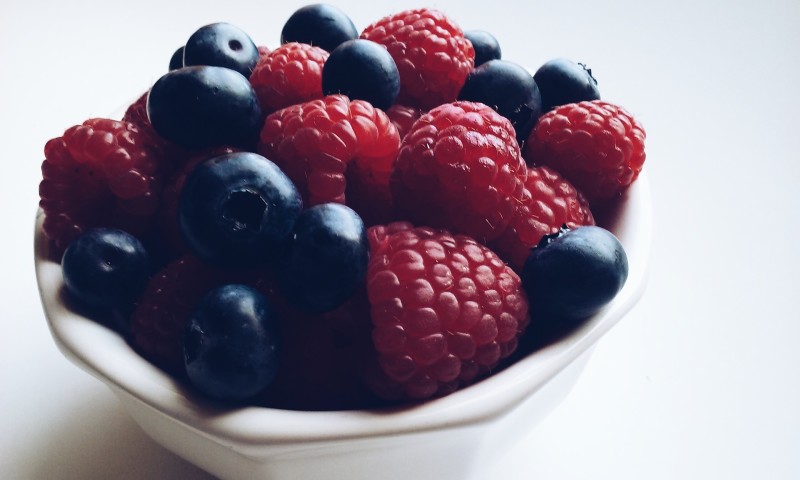Building healthy, long-term nutrition habits is a staple for successful weight management. When we’re mindful, consistent and intentional with our eating behaviors, we make progress toward our weight and health goals.
But what exactly are those healthful eating habits? For many of us, those lines defining “healthy” and “wise” are blurred somewhere in today’s conventional food culture — especially when it comes to snacking. Do you recognize any of the below “rules?”
- “Snacking is bad for you. You’ll consume too many extra calories.”
- “You’re supposed to eat 3 square meals a day to lose or maintain weight.”
- “Don’t eat snacks. Potato chips, candies and crackers are all bad for your diet.”
First, a Look into Our Bodies
Truthfully, much like our personalities and our individual talents, our bodies operate in their own unique way. We have different nutritional demands for many reasons — some of which include biology and the amount of physical activity we get each day (think different occupations, for example).
In other words, today’s conventional food culture rules may not apply to everyone. This is why it’s important to be mindful of your body, because your body is the ultimate expert when it comes to deciphering what you need to eat and when you need to eat it. And that looks different for everybody!
Redefining What it Means to Have Snacks
For this reason, it’s important to give snacking some new consideration.
Unfortunately, a great deal of its poor reputation focuses on the consumption of extra calories and weight-contributing foods such as refined sugars and processed ingredients. Let’s break this down in a few different ways:
Physiological
Your body will tell you when it’s hungry or weak. You may feel your stomach grumble or even experience increased dizziness, irritability or a loss of concentration. When you get to this point, it may be wise for you to grab a snack and ward off additional hunger. Similarly, snacking may be helpful to prevent you from even reaching this point and indulging in excess calories later on.
Practical
Snacks are not limited to foods such as potato chips, candies or high-sugar granola bars. If you’re looking to curb your hunger or gain a boost of energy, you may very well consider foods such as Greek Yogurt, fruits and vegetables, hummus and whole grain options that are similar to conventional snacking foods.
Finding an Individualized Approach
Know your biological and nutritional needs, and develop a nutrition plan from there. Are you one to lose focus and feel week mid-day? Pack a healthy, wholesome snack. Will you be on-the-go for an extended period of time? Snacks can help you find the energy and endurance you need.
Though snacking pay be considered a diet taboo, this isn’t always the case. So long as you know your body and you’ve discovered healthy options to replace conventional snacking choices, there’s nothing wrong with a small meal here and there to help you out.
Want to learn more about making snacks a part of your nutrition plan?
CLICK HERE for additional tips and suggestions.






